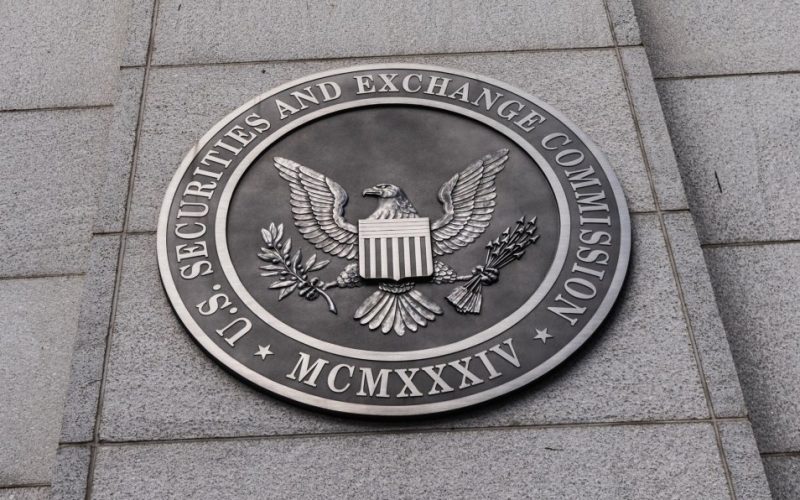New policies introduced by the top US securities regulator are set to bolster corporate boards’ authority over investors, potentially curbing shareholder-led reform initiatives on issues ranging from climate policy to boardroom contests, experts have warned.
Since last month, when US President Donald Trump appointed Mark Uyeda as acting chair of the Securities and Exchange Commission (SEC), the agency has implemented changes that enable boards to block shareholder resolutions more easily, impose stricter filing requirements on passive funds, and limit investor communication channels.
These measures provide directors with greater discretion to reject proposals urging companies to cut emissions or disclose workforce diversity metrics. Legal experts also caution that activist investors seeking board representation may now face heightened barriers when challenging corporate leadership.
“It represents a significant shift in power away from large shareholders and back to corporate management, not just in setting company policy but also in shielding themselves from activist influence,” said Ann Lipton, a business law professor at Tulane University.
Uyeda and other Republican officials, including Paul Atkins, Trump’s nominee to lead the SEC, have voiced scepticism over environmental, social and governance (ESG) investment criteria. “Shareholder meetings were never intended under state corporate laws to serve as political battlegrounds or debating platforms,” Uyeda stated in a 2023 speech.
The SEC’s policy shift aligns with broader Trump administration efforts, including the dismantling of diversity initiatives and withdrawal from the Paris Climate Agreement.
ESG-related resolutions gained strong backing in 2021 and 2022, but support has since waned. A legal bulletin issued on 11 February now makes it easier for companies to exclude certain shareholder proposals, particularly if deemed to “micromanage” business operations.
This development may stifle engagement between ESG-focused activists and corporate executives. “If it’s harder to get your resolution through the SEC, it becomes harder to even initiate discussions with companies,” said Rick Alexander, CEO of the Shareholder Commons, an organisation that tracks and drafts shareholder proposals.
On the same day, the SEC also broadened requirements for firms such as asset management giants BlackRock and Vanguard under its “beneficial ownership reporting” framework. The agency tightened conditions for using the simpler Schedule 13G form, compelling managers to file the more complex and costly Schedule 13D if they exert influence over corporate governance decisions, such as director elections or anti-takeover measures.
Both BlackRock and Vanguard declined to comment. BlackRock has, however, temporarily suspended meetings with some portfolio companies to assess the impact of the new rules.
Jessica Strine, CEO of shareholder advisory firm Jasper Street Partners, noted that these changes could have unintended consequences for corporate boards. “This isn’t necessarily a win for management teams if they end up losing valuable engagement with their top shareholders,” she said. “That means they don’t get to present their case before critical votes on issues like executive compensation.”
Caroline Crenshaw, the sole Democratic member of the SEC, suggested via email that the change could suppress outreach efforts by major institutional investors. “This policy muddies the waters for institutional investors, with the unstated goal of deterring them from engaging with corporations. At its core, this is detrimental to capital formation,” Crenshaw said.





















